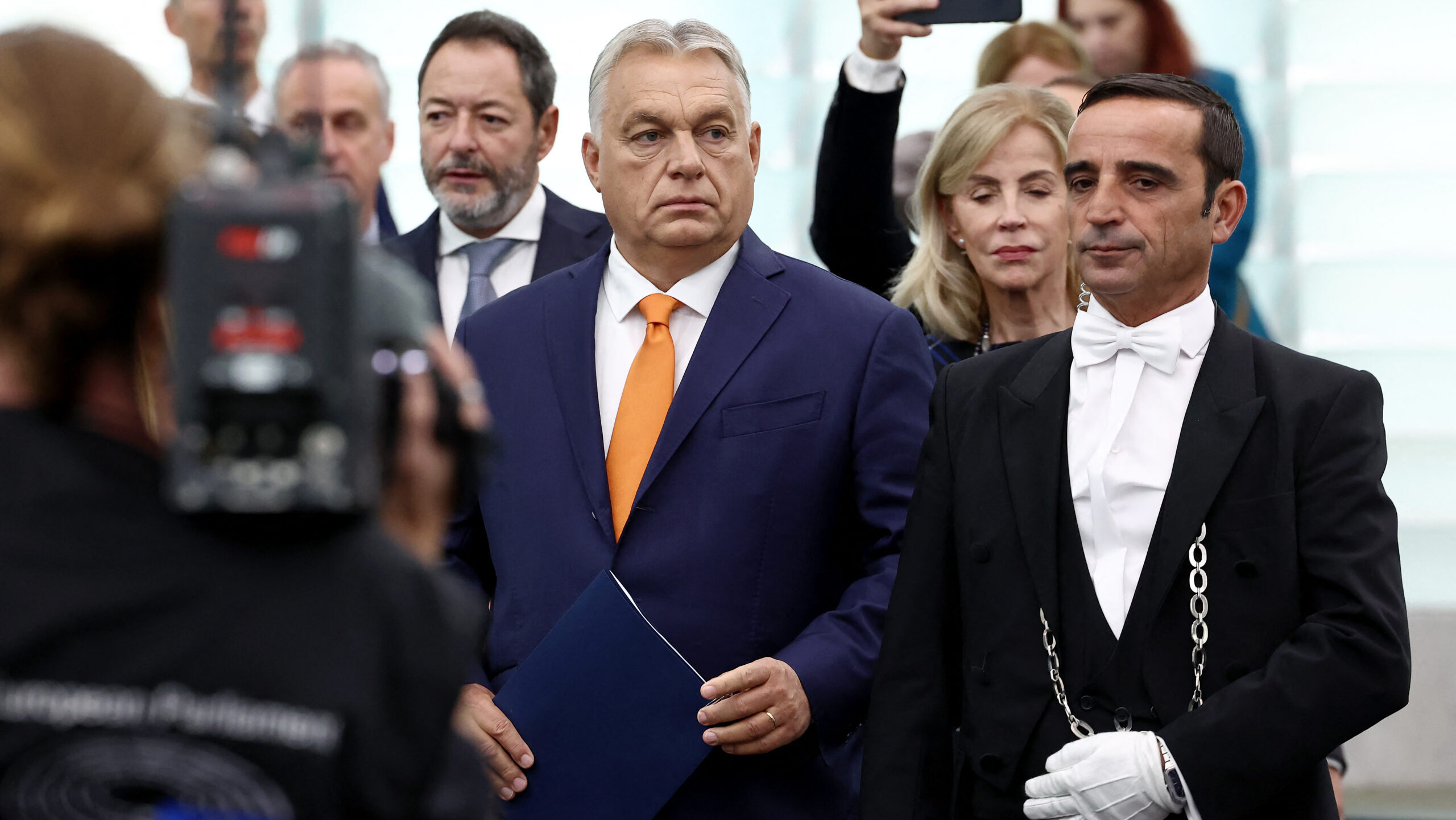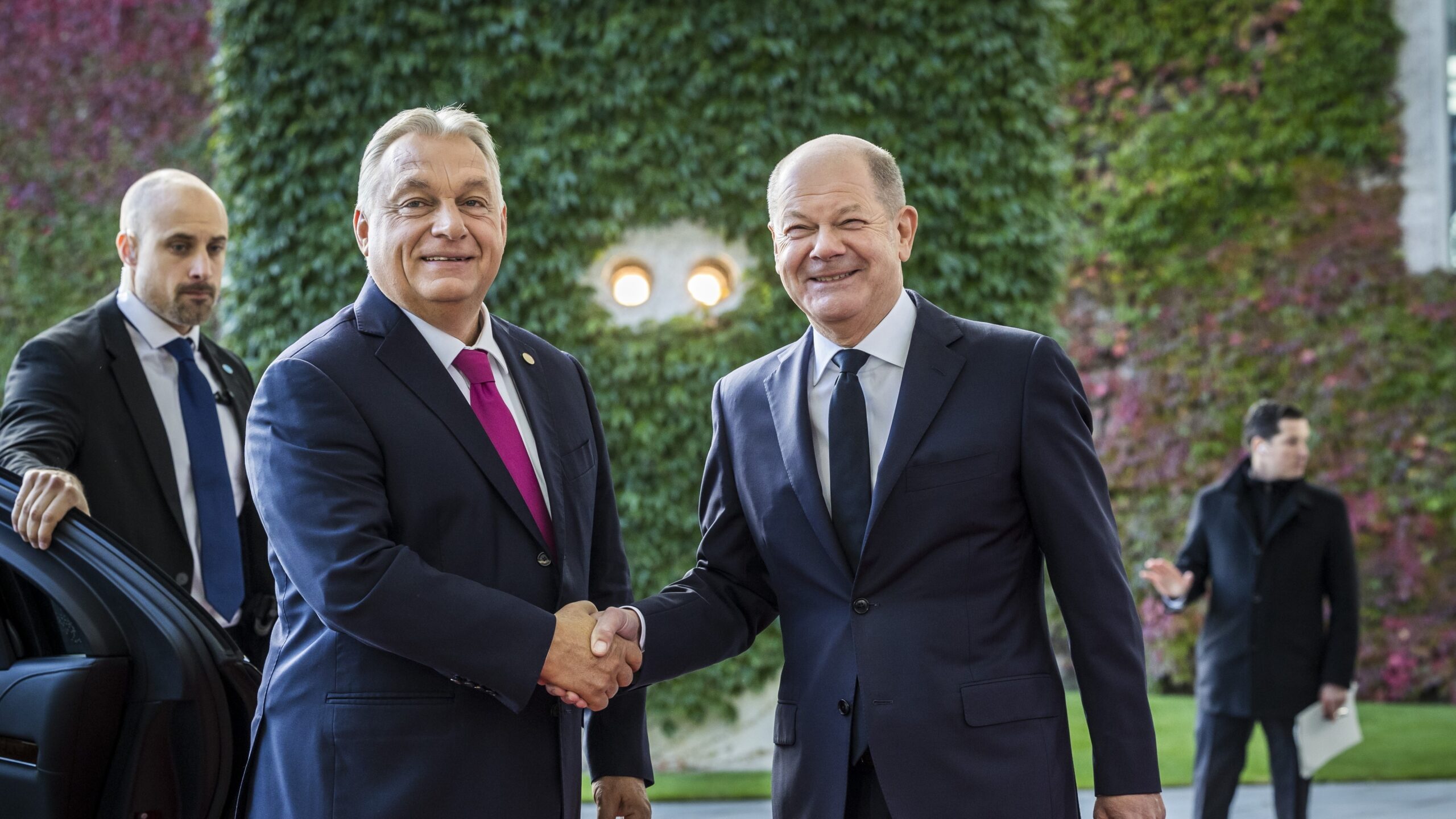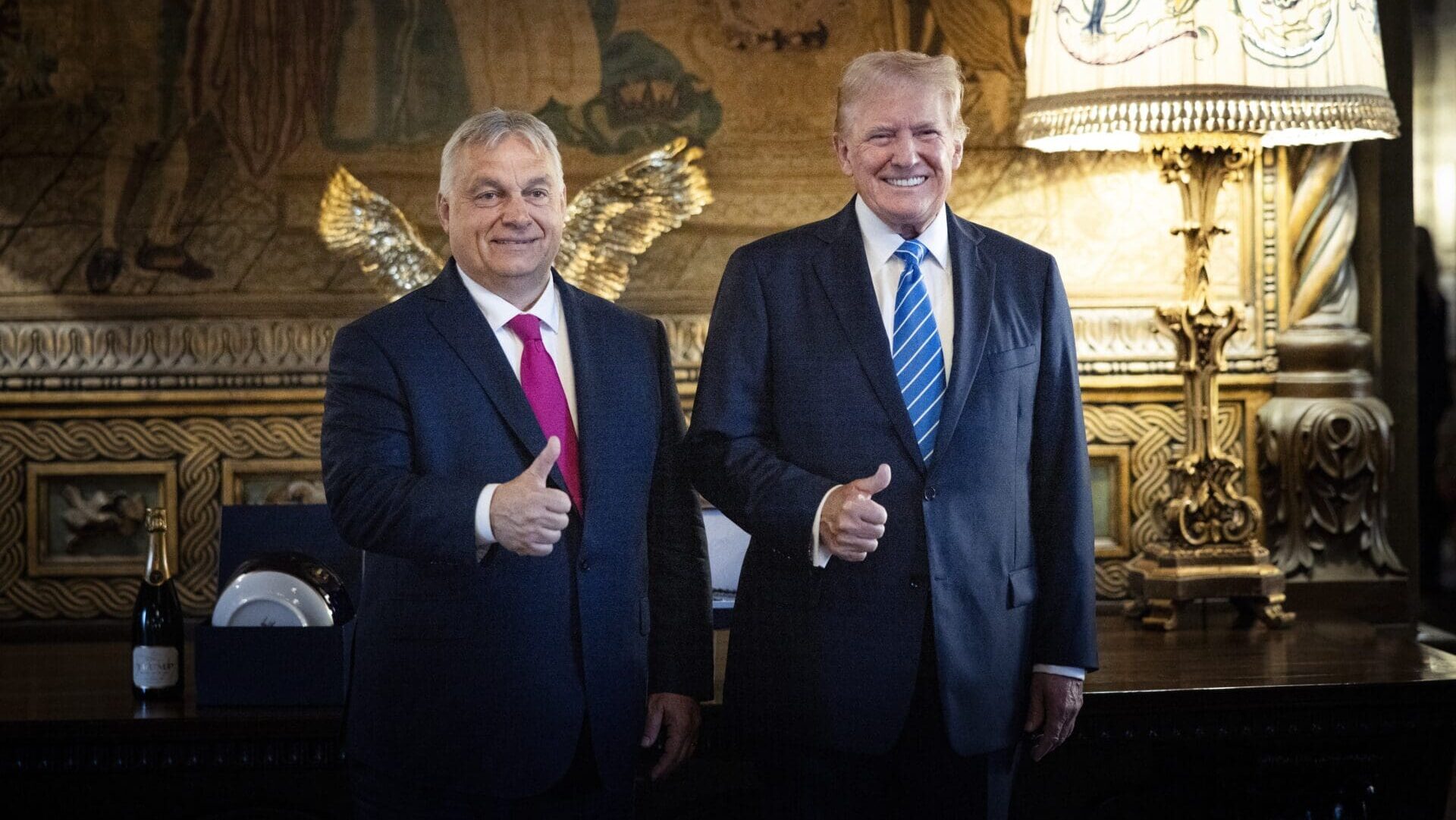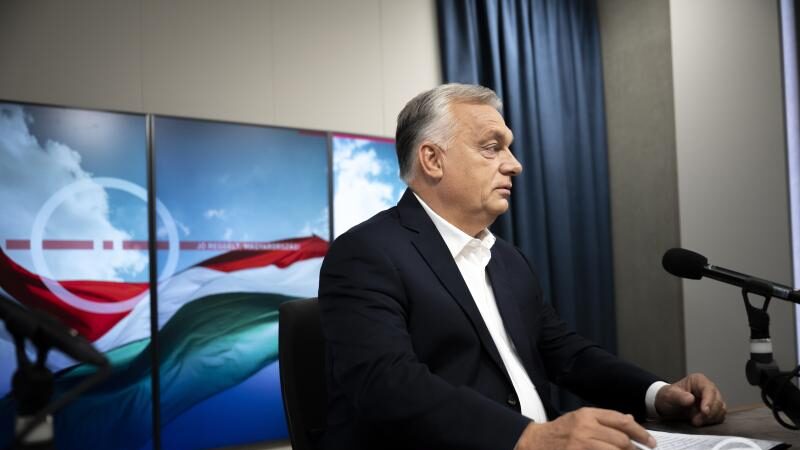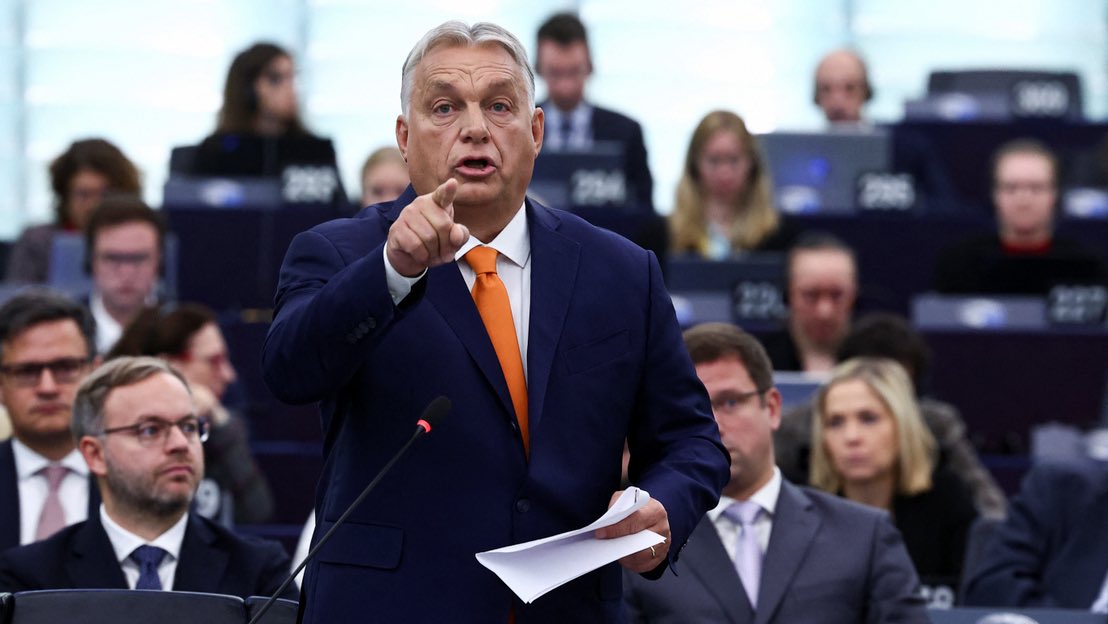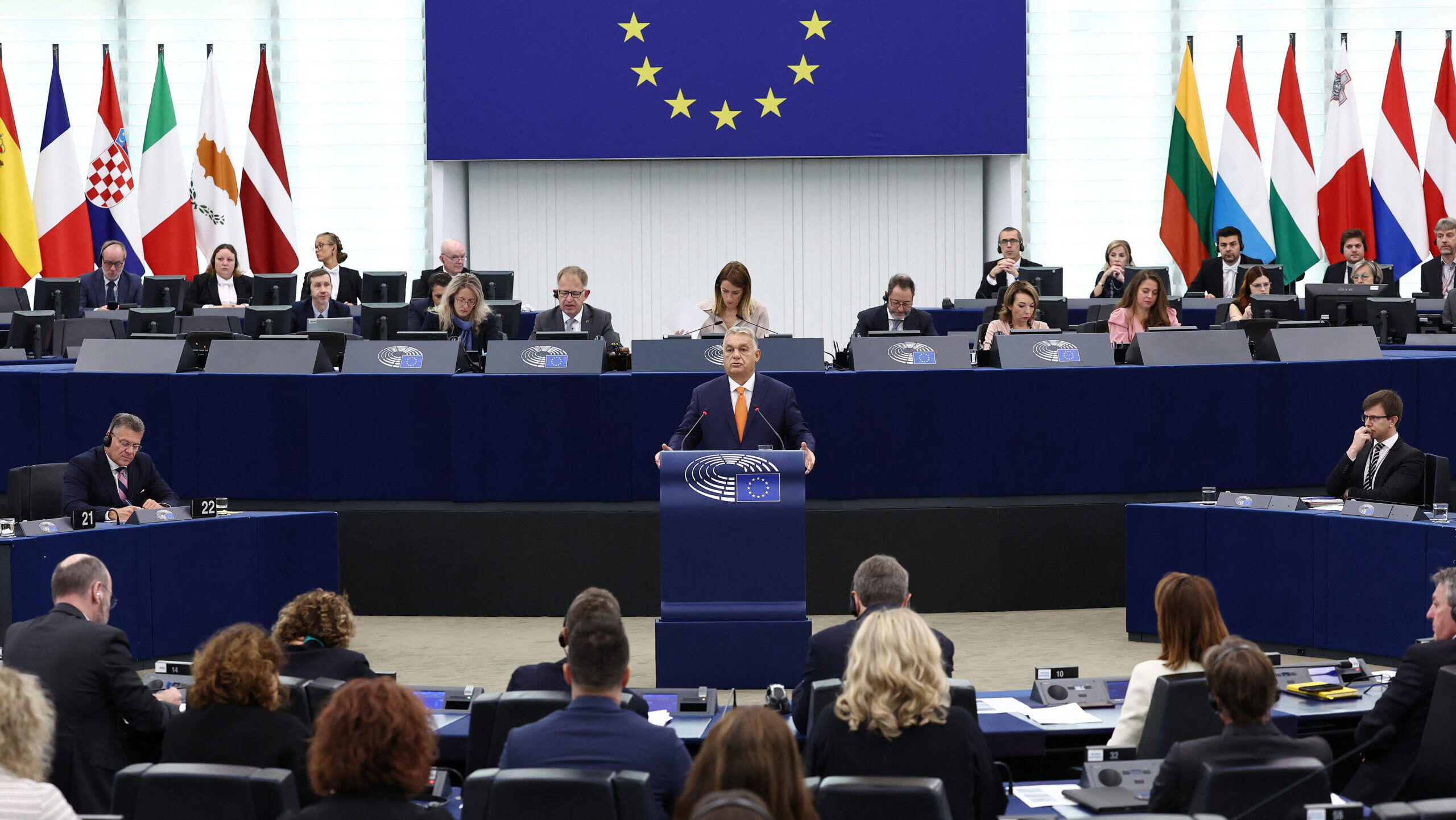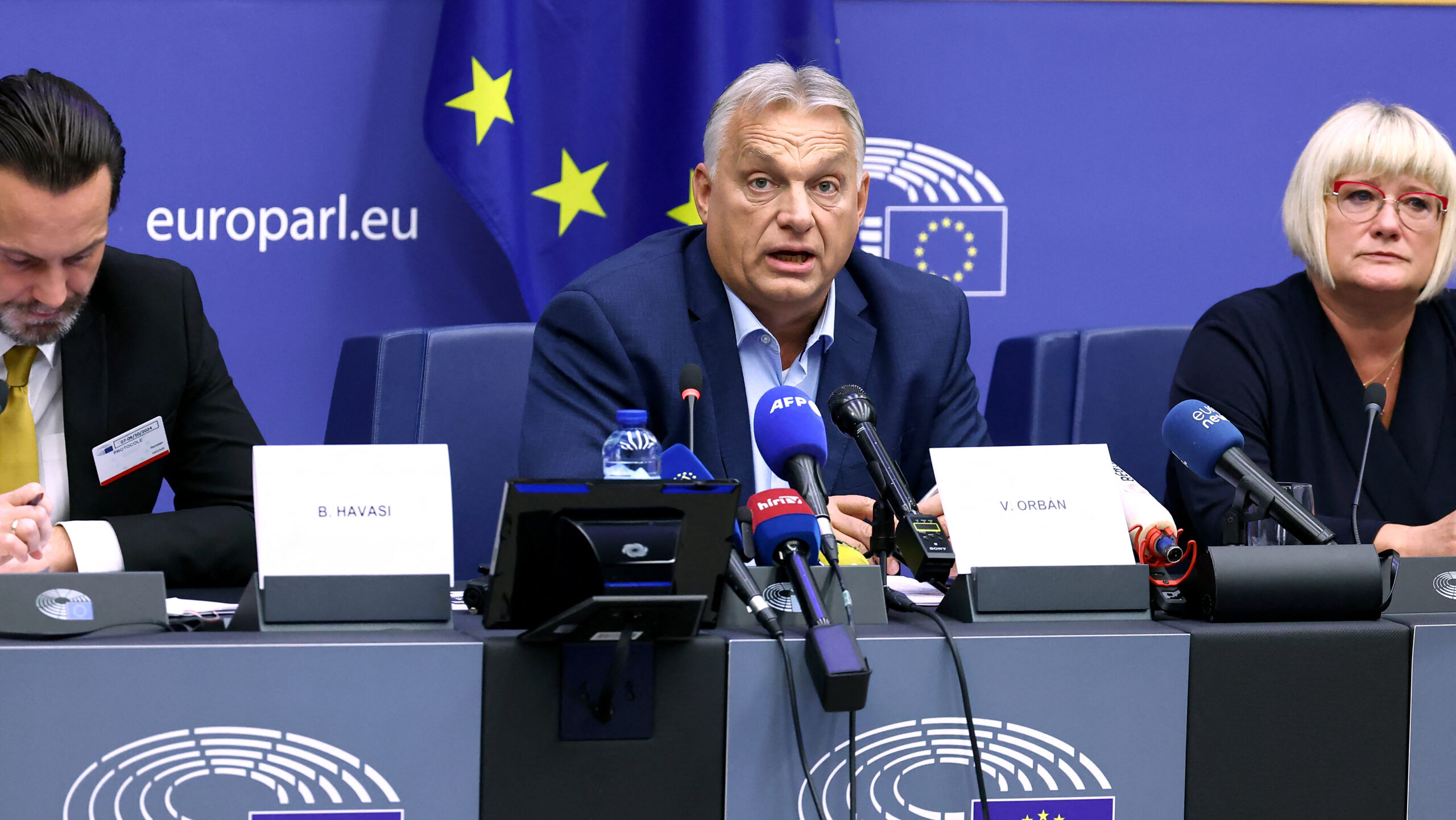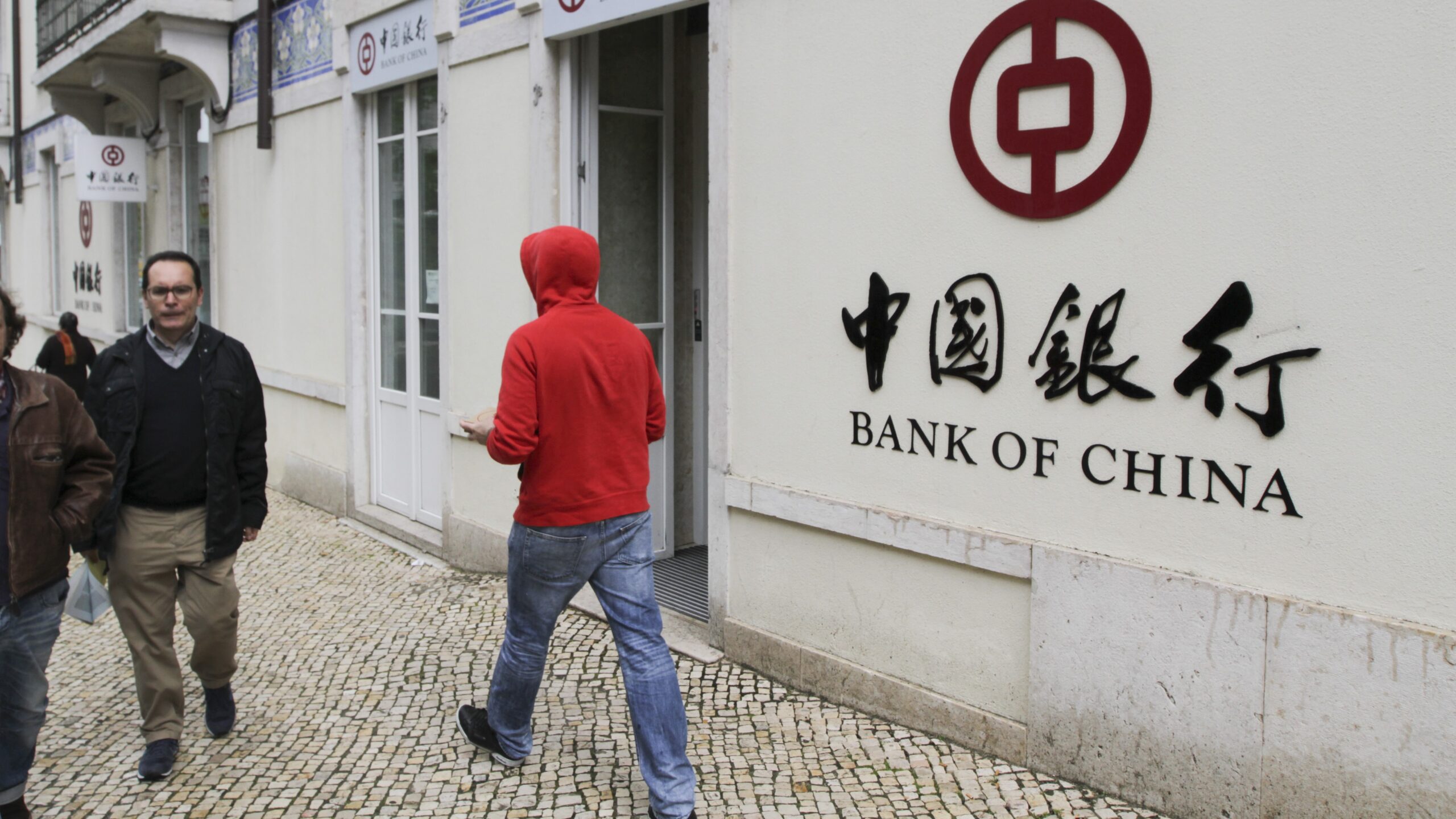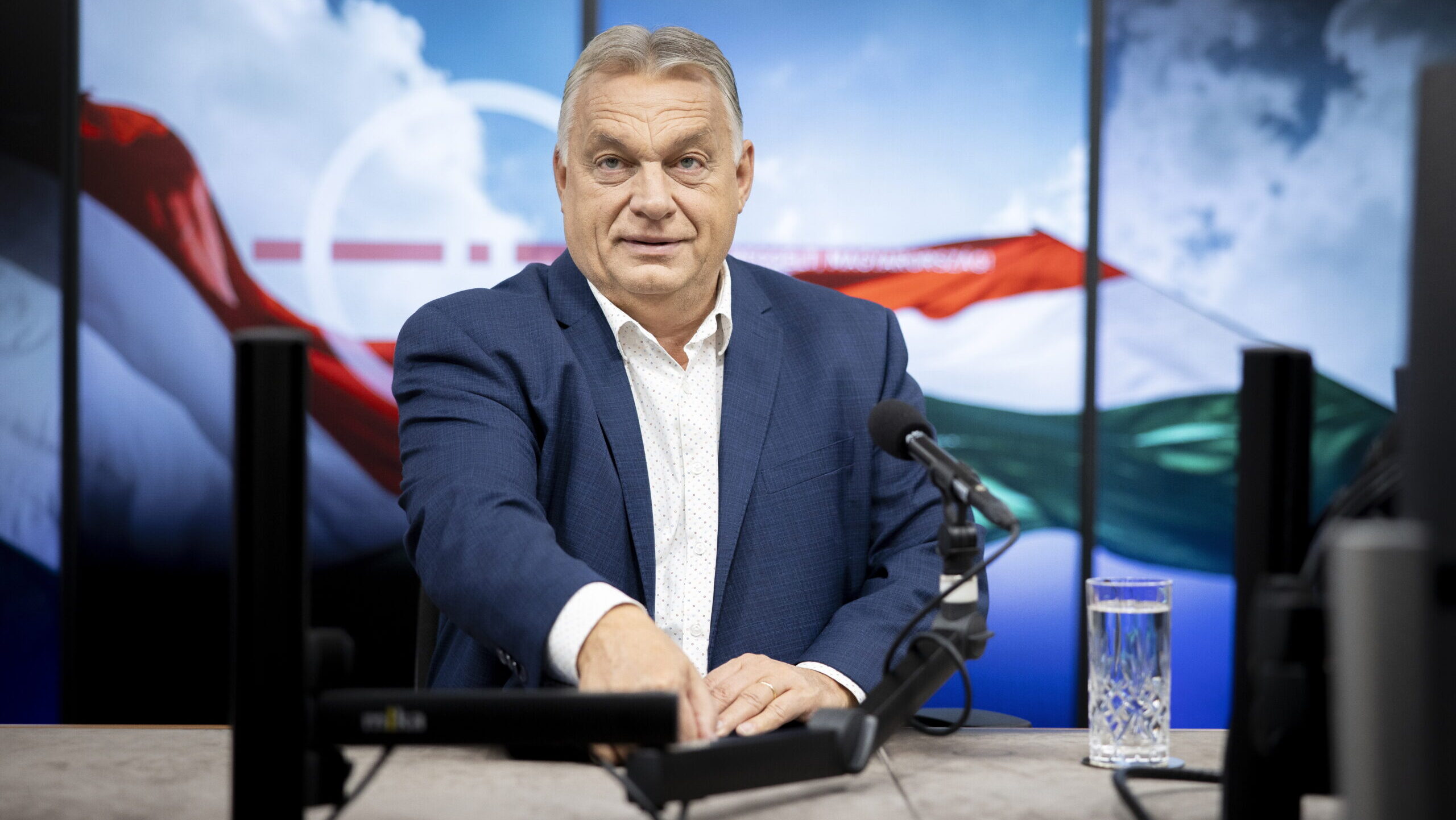
Orbán: Hungary Opposes EU’s War Strategy, Pushes for Peace Talks
Prime Minister Viktor Orbán criticized the EU’s war posture in a recent radio interview on public Kossuth Radio, reaffirming Hungary’s stance against participating in the Ukrainian war efforts. He also called for peace negotiations and discussed Hungary’s distinct approach to migration, economic policies, and EU relations.

